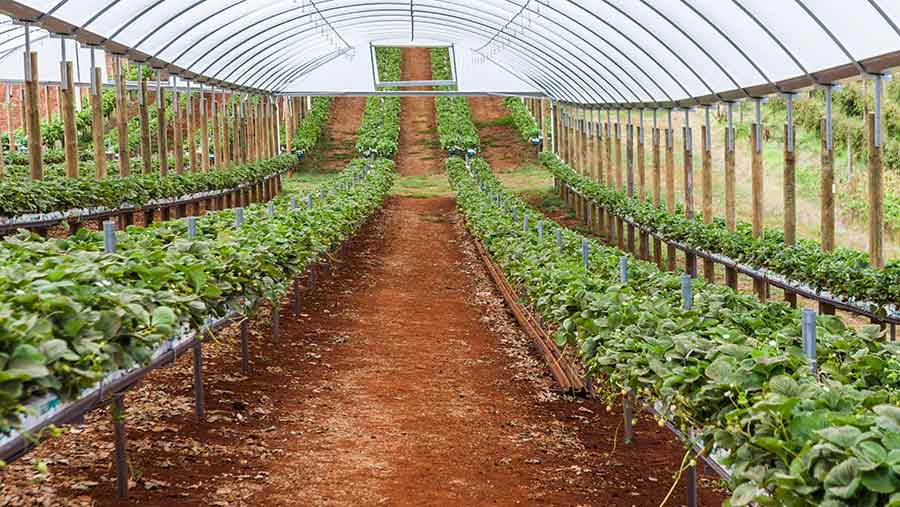Extend energy aid to farming to secure food supply, urge unions
 © Greg Brave/Adobe Stock
© Greg Brave/Adobe Stock Leaders of the four main farming unions have urged the government to think again and include certain sectors of farming within the Energy and Trade Intensive Industry (ETII) discount scheme, to help ensure there is an adequate supply of food this year.
The ETII scheme came into effect on 1 April and provides a set discount on 70% of the gas and electricity used by businesses, if wholesale prices exceed certain thresholds.
See also: Energy support schemes now open for applications
These discounts are available to certain businesses with high energy use – such as food processing and manufacturing industries – and are more generous than those available to other businesses through the Energy Bill Discount Scheme.
Primary food production is not included in the list of activities eligible for ETII discounts.
The presidents of the four unions – the NFU, NFU Scotland, NFU Cymru and the Ulster Farmers Union – wrote to energy security secretary Grant Shapps in early March, pressing for those farm sectors most heavily reliant on energy to be added to the list, but to no avail.
Joint statement
Now, with the old Energy Bill Relief Scheme ending on 31 March, they have repeated their demands for the ETII scheme to be extended to agricultural businesses.
“For the UK government not to extend the highest level of energy relief to sectors highly dependent on energy to rear, grow and store food is a failure to recognise the deteriorating position on food security,” they said in a joint statement.
“Unless the ETII scheme is amended to provide support for primary agricultural production, there could be a reduction in domestic food production that may prolong the ongoing food price inflation for consumers.”
It would also result in continued food shortages and empty shelves.
Insufficient data
While the statement does not single out poultry and glasshouse production, these are the two sectors most affected by energy inflation.
It is understood that one of the reasons they have not been eligible for the energy discounts is that there was insufficient data when the government was compiling the list.
According to Defra guidance, they had to look at average gas and electricity use figures for the whole of agriculture, not individual sectors, because of a lack of robust data.
“Only four out of 31 agriculture sub-sectors had data at the four-digit level, and these did not pass the energy intensity threshold,” said the guidance note.
